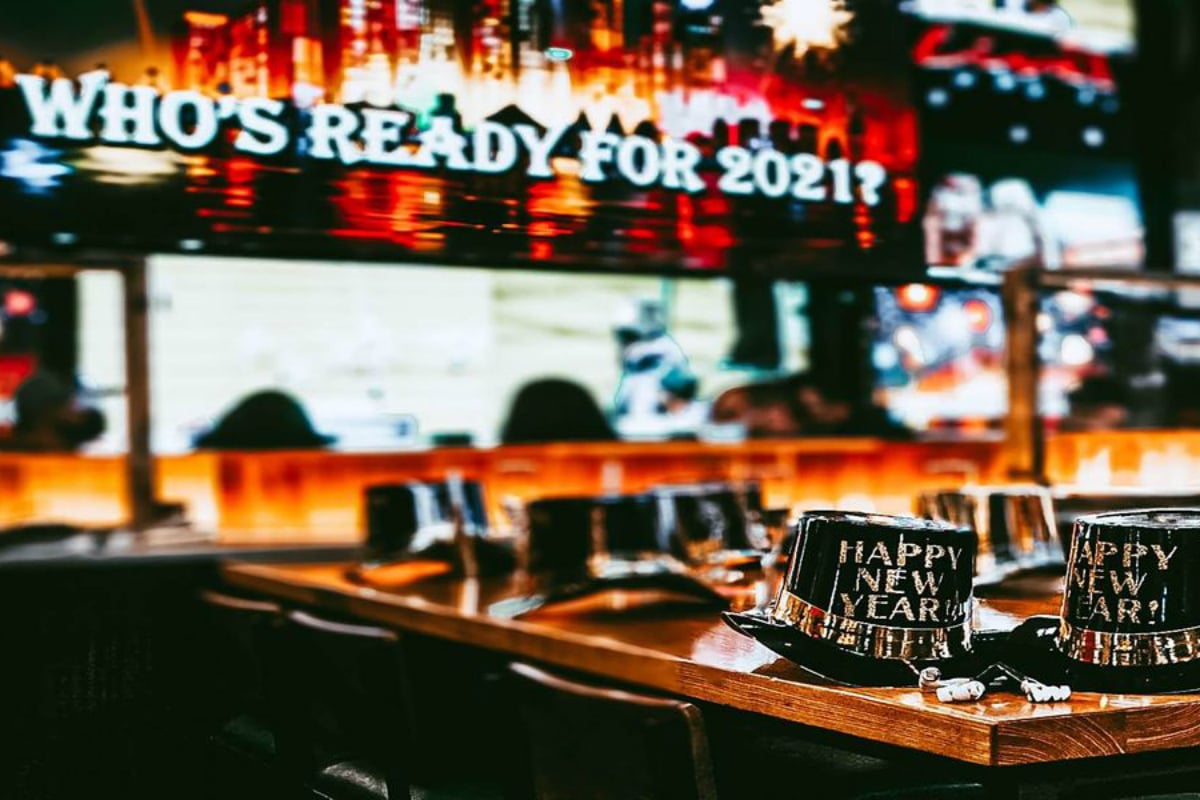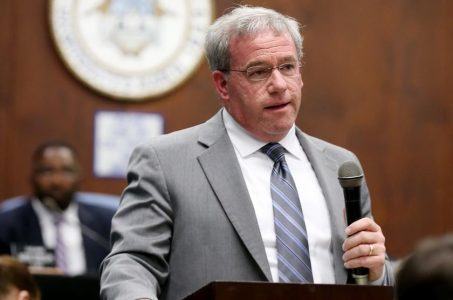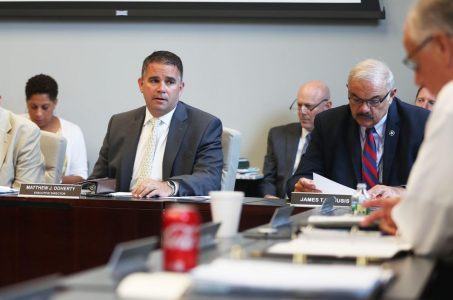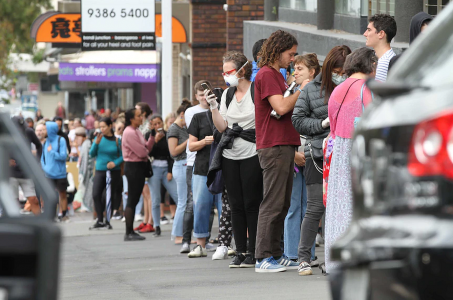Maryland Casino Revenue Hit By COVID-19 Orders, Horseshoe Posts Record Low
Posted on: December 8, 2020, 09:08h.
Last updated on: December 8, 2020, 12:41h.
A surge in new COVID-19 cases in Maryland along with stricter coronavirus regulations resulted in reduced casino wins in the state last month.

Maryland’s six casinos reported gross gaming revenue (GGR) of $130.3 million in November. That’s a 7.4 percent decline, or $10.4 million, compared with November of 2019.
With casinos winning less money, the state received less tax revenue. Casino contributions to the state totaled $53.7 million. This is a decrease of more than $5.2 million. Gaming tax revenue is earmarked for the Maryland Education Trust Fund.
MGM National Harbor again led the way. The MGM Resorts integrated resort just outside the nation’s capital kept $55.3 million of gamblers’ money. National Harbor was one of two Maryland casinos to record a year-over-year increase in November, the casino seeing GGR climb 2.6 percent.
Live! Casino & Hotel came in second at $45 million. But that represented a 15 percent drop from November 2019.
Maryland’s three resort-style casinos — Hollywood Casino Perryville, Ocean Downs Casino in Berlin, and Rocky Gap Casino in Flintstone — collectively won roughly $14.8 million. Hollywood’s November revenue was a 1.6 percent premium in November 2019.
Horseshoe Casino continues to struggle, and the Caesars Entertainment property in downtown Baltimore was subject to reimplemented COVID-19 restrictions in November. The gaming floor won just $15.2 million, the casino’s all-time monthly low.
COVID-19 Surge, Maryland Braces
The number of new coronavirus cases is surging across the nation. In Maryland, the spike has led to Gov. Larry Hogan (R) ordering bars and restaurants to close nightly at 10 pm for dine-in service. Capacity limits have been reduced from 75 percent to 50 percent for casinos, retail stores, religious organizations, gyms, salons and barbershops, and bowling alleys.
The seven-day average number of new cases has more than doubled in recent weeks.
It’s a scary situation for everybody involved,” Hogan said recently.
In Baltimore, Mayor Bernard C. “Jack” Young ordered Horseshoe to reduce its capacity limit to just 25 percent. The directive went into effect on Nov. 12.
No Ringers
Caesars Entertainment has for years been trying to reverse Horseshoe Baltimore’s fortunes but to little avail.
When Caesars won the Baltimore casino license in July of 2012, the company envisioned sports fans at the nearby Camden Yards and M&T Bank Stadium — respectively, the homes of the MLB Orioles and NFL Ravens — to visit the casino before and after taking in a game. But the short commute is less than inviting. The half-mile stretch is littered with vacant buildings and warehouses, homeless people, and peddlers.
Caesars has invested in purchasing as many of the eyesores as possible. Last year, the casino operator paid $4.8 million for an 80,000-square-foot building. The company has partnered with a group of investors who are planning to transform the space into a concert and entertainment venue called the Paramount.
Horseshoe Baltimore also invested $15 million to build a second-floor outdoor gaming patio where patrons can smoke and gamble. Maryland is one of 20 states that require all casinos to be completely smoke-free indoors.
Related News Articles
Most Popular
Mirage Las Vegas Demolition to Start Next Week, Atrium a Goner
Where All the Mirage Relics Will Go
Most Commented
-
Bally’s Facing Five Months of Daily Demolition for Chicago Casino
— June 18, 2024 — 12 Comments
















No comments yet